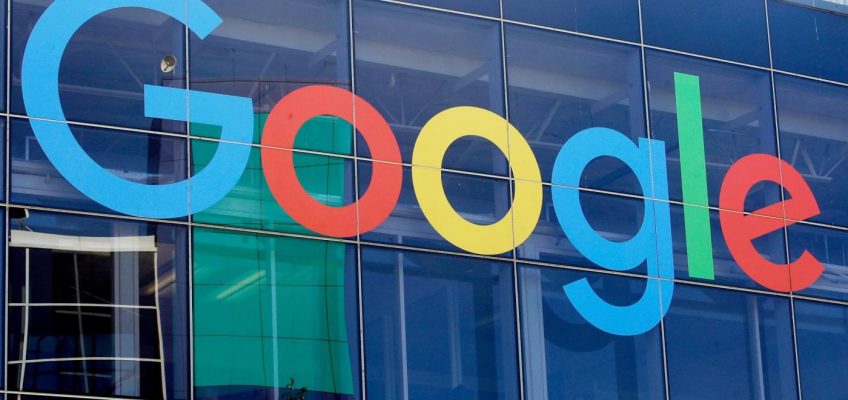One key reason that Google was found to be an illegal monopoly in an important antitrust decision on Monday was that it paid billions of dollars to be the default search engine for companies like Apple. But that’s not the only way the digital world has become so centralized, giving just a few companies the ability to dominate the industry.
All too often in the digital world, rich companies get richer and big ones get bigger thanks partly to something called network effects, which allow the early winners to build on that advantage to resist competition and shield themselves against market pressures — even if their product later loses its luster.
Imagine there are two standards for making phone calls, and each phone can use only one. Let’s say one standard gets to market first or has better sales, and 65% of the people you regularly call use it. Then a second standard comes in with much better sound quality, but not many people are using it.
You’d likely pick the one with the most users you call, despite the inferior sound, since the ability to call others is the critical reason for the phone. The superior phone has little to no chance. That’s called a network effect.
If many people are on WhatsApp, that’s what people and businesses will use to communicate, which makes the platform even stronger — and that’s why it mattered that Facebook was allowed to purchase WhatsApp for $19 billion in 2014.
To many at the time, it seemed like a crazy price, because WhatsApp had made only about $10 million in revenue in 2013. But Facebook was buying the network effect … and … killing a potential competitor at once. It’s probably one of the best purchases the company made.
This, then, can build on itself. Google’s search engine initially pulled ahead through a genuinely better product, but it also got something that its competitors didn’t have: billions of searches helping it understand what people were looking for, which the company then could use to improve its search results.
It also made sense for advertisers to go where the users were, which gave Google all those billions to pay Apple to remain its default search engine — something that worked even if the quality of the search results went down, which they did, at least in my experience.
Such effects are everywhere in the digital world.
For example, Apple and Google’s Android have the biggest app stores, so naturally most companies will write apps for their platforms, further incentivizing a consumer to purchase an Apple or Android phone because that’s where the best programs are — and so on.
The Google antitrust ruling is the first big win of its kind for the government in a long time, and it may be a good first step, but the anti-competitive forces that dominate the digital world go beyond that. And countering them will require new, sensible regulation that matches how digital technology actually works.
Zeynep Tufekci writes for the New York Times.
Related Articles
Other voices: Everyone wants a better government
Michelle Goldberg: The weird authoritarian book blurbed by JD Vance
Michael Peregrine: Joe Biden, Richard Nixon and two turbulent summers
Marc Champion: Russia’s prisoner trade says all we need know about Putin
F.D. Flam: Deep-sea mining may be necessary for a greener future


Leave a Reply